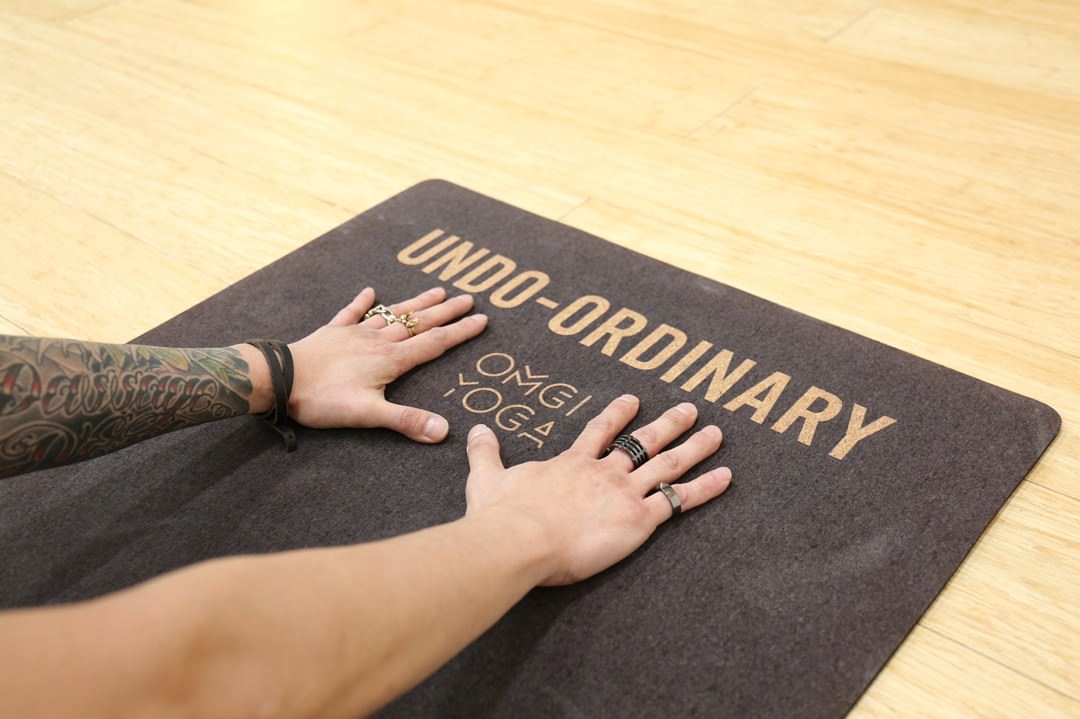Even casual Olympic observers know about the cost of the Games, and how it has ballooned in the last couple of decades. Bigger stadiums, faster transit, more fireworks - it all comes at a price, paid for by the country's citizens. And the economic benefits of hosting are negligible - there has been no solid evidence that there are long-term economic gains that come even remotely close to offsetting the exorbitant price tag.
The question remains, then: Why would any country with leaders who have even a baseline understanding of economics want to host the Games? The easy take is that it's a (very) expensive PR play driven by tourism boards, a two-week long glossy brochure splashed across TVs and Twitters across the world. And hosting the Olympics means that Sochi can forever tout its "Olympic-class ski resorts" and Beijing can boast about its "world-class facilities."
But it's more complex than just an extremely expensive PR game, where winning means drawing tourists to beaches or snow-capped mountains. The Olympics are a way for countries to announce - or maintain - their status as a global power, a real player on the world stage. It's the perfect vehicle to gain political capital and stay at the very center of arguably the biggest event in existence.
Historically, the modern Olympics are have always had political undertones. Though Rule 50 of the current Olympic Charter states that "no kind of demonstration or political, religious, or racial propaganda is permitted in any Olympic sites, venues or other areas," Olympic spectators, athletes, sponsors and especially hosts have always used the spotlight to promote their own agendas. In actuality, it seems as though no Olympics are complete without some sort of political statement.
There are the overt displays - Israeli hostages in Munich in `72, Black Power podium salutes in Mexico City in `68, apartheid-era South Africa banned from Tokyo in `64. And then there are those displays that play out less directly, on a playing field or in an Olympic dining hall. The fight to be on top of medal counts during the Cold War, for example, were just as indicative of the US and USSR jockeying for global dominance as the Space Race and the Arms Race. The Miracle on Ice in 1980 is constantly noted as one of the most important or impactful moments in any modern Olympics - even outside of the US - because it was a definitive triumph in a war that had teetered precariously in quote-unquote neutrality. There were no military battles to win, but there were still victories to be had in more unconventional arenas.
The Miracle on Ice is a perfect example of how sports - in particular, a global sporting event like the Olympics - can be used to establish dominance (or give the impression of doing so) in a way that isn't militaristic or economic in nature. A few years after the Miracle on Ice, renowned political scientist Joseph Nye coined the term "soft power" to describe the ways that a country is able to persuade others to do what it wants without the use of force. Nye's argument was that no country can be successful on the world stage with only the hard power of tanks, soldiers, and cash; a country must also use soft power to win the "hearts and minds" of the global populace and governments.
In today's society, with fewer large-scale wars and an unstable economy, soft power has become increasingly important to governments looking to be globally influential. And while soft power is not necessarily easy to obtain, it is certainly a more achievable type of power than building armies, waging wars and imposing sanctions.
Despite the IOC's insistence otherwise (in words, if not always in its own practice), international relations are inherently and closely tied to the modern Olympic Games, regardless of host, participants, or global political climate. And hosts want the Games so they can build more soft power. Countries apply to host thinking not only about the short-term economic pitfalls, but the long-term ramifications that go beyond the bottom line. The Olympics are as grand a stage as possible for countries to win soft power and gain influence.
Not only can the Olympics be a showcase for a country's tourist attractions, but they can also highlight the host country's capabilities. If the host country is clean, welcoming, and prepared for the influx of tourists and diplomats that the Olympics brings, then those that leave - or watch on screen - walk away with a positive connotation. Features on a country's food, recreation, and history are common amongst the world's media, often introducing new layers to places that most people in the world have only ever really seen on a map. And beyond the TV viewing audience, there are the diplomats from around the world who converge to watch their teams compete, providing a perfect avenue for the host country leave a positive impression on some of the most influential people in the world that can last far beyond the closing ceremonies.
In 2012, the UK did an incredible job of maximizing its soft power gains from the London Games. A few months after the conclusion of the Summer Games, the UK leapfrogged the US to become the global leader in soft power, according to Monocle, which collaborates with the Institute for Government to publish an annual ranking of the 30 countries with the most soft power influence. The London organizers recognized the Games as a way to show not only the UK's sporting abilities, but to teach - or remind - the world about its historical significance. London left an overwhelmingly positive impression on the world, due to an efficient subway system, clean facilities, and friendly locals - and especially thanks to its opening ceremony that reminded those watching of just how much the UK has contributed to the world (while glossing over that whole colonization thing, of course).
And if the Games can serve as a reminder of a country's global significance, they can also serve as a coming out party, a debutante ball for up-and-comers looking to make their mark on international affairs. This explains why three out of the last five Olympics have been hosted by BRIC countries. BRIC countries - Brazil, Russia, India, and China - are leading emerging powers, all at similar stages of newly advanced economic development. These countries see the Games not only as an investment in new infrastructure, but in their political future. They're seeking to solidify their footing as leaders, not just by showcasing their shiny new buildings, but by showing off their cuisine, their art, and their culture. Olympic hosts are hoping to wow visiting diplomats, advertisers and global viewers into positive association that they can use to continue their development - catching more flies with honey than with vinegar, as it goes.
The 2016 Olympics won't be known as an economic success for Brazil. But the soft power gains - or losses - won't be immediately evident. Did global coverage of Copacabana Beach and caipirinhas and Giselle do enough to bury the lede of displaced families and disgraced politicians? It's tough to say while the event is still so fresh, but we're only a few months away from Monocle's 2016 rankings to help answer the question. And if Brazil doesn't gain any soft power from their hosting stint, well...at least they'll have footage of Ryan Seacrest eating traditional dishes to put in their scrapbooks, so their Games won't be a total waste.






